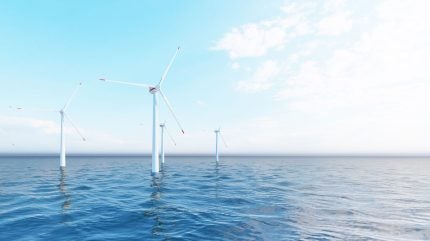
The Danish Energy Agency has launched offshore wind tenders, offering three new areas for the development of at least 2.8GW of offshore wind capacity.
The tenders introduce state subsidies and increased flexibility for developers to encourage qualified bids.

Discover B2B Marketing That Performs
Combine business intelligence and editorial excellence to reach engaged professionals across 36 leading media platforms.
The three areas currently open for tender are North Sea Mid, Hesselø in the Kattegat, and North Sea South.
Collectively, these offshore wind farms are expected to supply enough green electricity to power roughly three million homes in Denmark and Europe.
The tenders are structured around a two-sided, capability-based contract for difference support scheme.
Under this model, the state guarantees offshore wind producers a fixed electricity price, thereby reducing the risk of low electricity prices for developers.

US Tariffs are shifting - will you react or anticipate?
Don’t let policy changes catch you off guard. Stay proactive with real-time data and expert analysis.
By GlobalDataThe Danish Energy Agency has set a payment cap of DKr55.2bn ($8.54bn), including VAT, for the state.
Sustainability and social responsibility requirements are integral to the tenders, according to a press release.
These include stipulations regarding the recyclability of turbine blades, measures against social dumping, and a nature-inclusive design mandate for the Hesselø project.
Additionally, the agency said it reserves the right to require the winning bidder to prove compliance with all relevant cybersecurity regulations.
These tenders build on 2024’s offshore wind tenders, in which six areas were offered but no bids were received by the deadline for the first three areas.
In response, the Danish Energy Agency engaged in several market dialogues, which informed two political agreements in 2025.
The current 2.8GW offshore wind tenders are based upon these agreements.
The submission deadline for North Sea Mid and Hesselø is set for early 2026 while the deadline for North Sea South is scheduled for late 2028.





